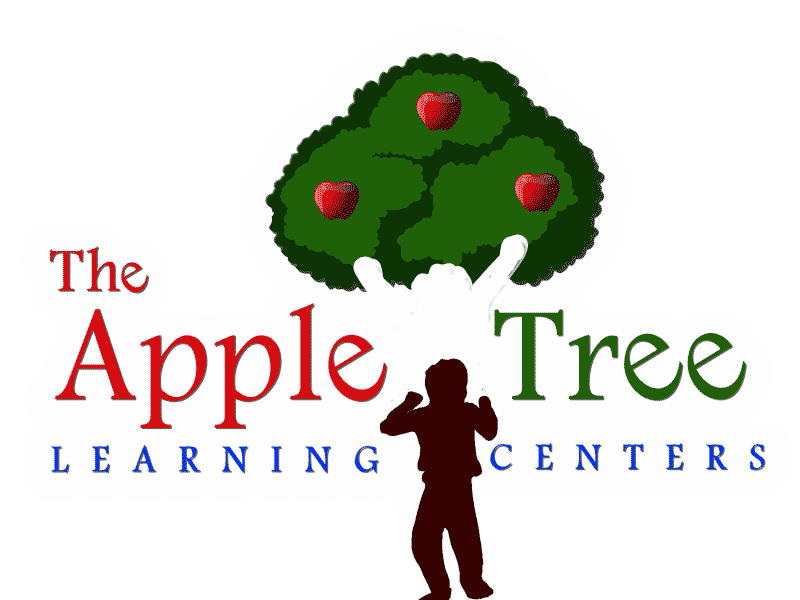Raising a toddler can be a bit of a challenge. They’re constantly testing their boundaries and pushing the limits. Even the simplest tasks of getting them to dress up would seem like an insurmountable task if you can’t get your toddler to listen. So how do you get them to cooperate?
Toddlers can be quite fidgety and unruly even when they’re following basic instructions. And for some parents, yelling and getting angry will have to make it work. The good news is that you don’t always have to resort to threats or scream at the top of your lungs. By using some simple techniques, you can get your toddler to listen and cooperate more readily.
Use positive reinforcement
One of the most effective ways to get your toddler to listen is through positive reinforcement. Praise them when they do as you ask and give them a small treat or sticker as a reward. This will help them learn that listening results in good things happening.
Be consistent
If you want your toddler to listen, you must be as consistent as possible with your instructions. They’re more likely to follow your lead if they know what to expect from you.
For example, if you ask them to put their toys away every night, make sure you do the same thing every time. And if they’re not following through with a request, don’t give up – be persistent and continue asking them until they do it and until it becomes a habit.
Use clear and concise language
When giving instructions to your toddler, try to use clear and concise instructions. This will help them understand what you want them to do. For example, instead of saying, “Please pick up your toys,” try “Can you please pick up your toys?” It’s shorter, simpler, and more direct.
Keep your commands short
In the same vein, keep your commands short and sweet. The more you can fit into a sentence, the better. This will make it easier for your toddler to understand and follow through.
For example, saying “Walk slowly” is easier to understand than “Don’t run, or you’ll fall.”
Avoid using “no”
Using “no” can often confuse and frustrate your toddler, so it’s best to avoid using it as much as possible. Try using positive language if they’re doing something you don’t want them to do.
For example, if your toddler is running around the house, you could say “Walk slowly” instead of “No, stop running.”
Use distraction
Distraction can be a great way to get your toddler to listen without resorting to yelling or threats. If they’re doing something you don’t want them to do, try distracting them with something else that’s more interesting.
For example, if your toddler is playing with the oven knob, try giving them a toy to play with instead. Or, if they’re not listening when you’re trying to get them ready for bed, turn on their favorite TV show.
Stay calm
If you’re feeling frustrated or angry, it’s important to stay calm when giving instructions to your toddler. Yelling and getting angry will only make them more resistant to listening.
Take a deep breath, relax, and keep your voice calm and soothing. It may take a little bit longer, but it’ll be worth it in the long run.
Offer choices
Getting your toddler to do something can often feel like an impossible task. But by offering them choices, you can make it a bit easier. This will give them a sense of control and make them feel like they’re part of the decision-making process.
For example, if you’re asking them to put on their shoes, you could say, “Do you want to wear blue or red shoes?” Giving them the chance to assert some independence
Get down on your child’s level
When giving instructions to your toddler, it’s essential to get down on their level. Yelling at your little one isn’t the best form of communication, and it can be tough for them to listen if you’re towering over them.
Getting down on their level will help you connect with them and make sure they’re paying attention to what you’re saying. Make eye contact and then start talking.
Toddlers can be a handful, but with these nine simple tips, you’ll be able to get them to listen more often. Try out a few of these methods and see which ones work best for your family. And remember to stay calm and positive – it’ll make things a lot easier for both you and your little one.
At The Apple Tree Learning Center, we believe that toddlers need to be shown forms of love and affection. We help them learn how to be social and caring in their first years to help them safely express themselves. In addition, they learn to respect others and be caring to others as well. Visit our website to learn more about our Toddler Program!






